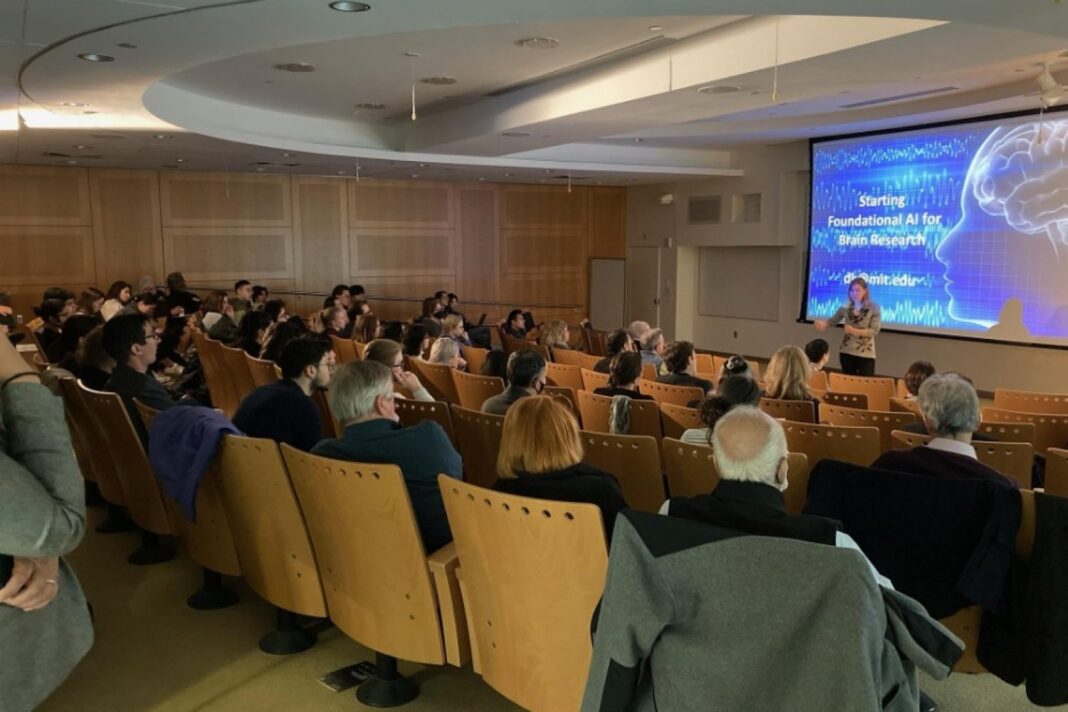In Short:
Experts from various fields, like psychiatry and computer science, believe that digital technologies, such as smartphones and AI, can greatly improve mental health diagnosis and treatment. At a symposium, alarming statistics on rising mental health issues, especially among youth, were shared. New interventions like AI-aided suicide risk prediction and smartphone-based treatments were discussed, emphasizing the need for collaborative and innovative approaches to address the mental health crisis.
Digital technologies, such as smartphones and machine learning, have revolutionized education. Experts from various fields such as psychiatry, psychology, neuroscience, and computer science, gathered at the McGovern Institute for Brain Research’s 2024 Spring Symposium, “Transformational Strategies in Mental Health,” to discuss the potential role of these technologies in advancing the diagnosis and treatment of mental health disorders and neurological conditions.
Highlighting the Symposium
The symposium, co-hosted by the McGovern Institute, MIT Open Learning, McClean Hospital, the Poitras Center for Psychiatric Disorders Research at MIT, and the Wellcome Trust, raised awareness about the increasing mental health challenges and presented innovative diagnostic and treatment methods.
Addressing Urgency
John Gabrieli, the Grover Hermann Professor of Health Sciences and Technology at MIT, emphasized the pressing need for collaborative efforts to tackle mental health issues. He highlighted concerning statistics, such as the rise in teen suicide deaths and emergency room visits for suicidal ideation. Gabrieli underscored the urgency by stating the need for collective action to make a positive impact.
Focus on Mental Health Challenges
The symposium addressed the growing mental health challenges faced by both youth and adults. Experts shared evidence of clinical depression in teens and the limited efficacy of current treatments for mental health disorders. The need for new interventions and treatments was emphasized to address these issues effectively.
Embracing Emerging Technologies
Speakers highlighted the importance of utilizing emerging technologies like smartphone technology and artificial intelligence for innovative interventions in mental health. From early detection of diseases like Parkinson’s to predicting suicide risks using AI models, technology played a crucial role in advancing mental health research and treatment.
Promoting Collaboration and Innovation
The symposium emphasized the need for collaborative research and innovative approaches to tackle mental health challenges effectively. Funding for mental health research, open sharing of findings, and embracing diverse perspectives were crucial aspects discussed by experts from various institutions.
Call for Action
In conclusion, experts stressed the importance of collaboration, innovation, and leveraging all available tools to develop new treatments that cater to the diverse needs of individuals with mental health challenges. Transformative approaches to mental health require a united effort from the scientific community and partners to make a meaningful difference.





